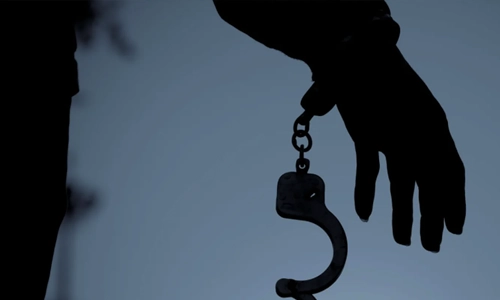Australia is not just governed by its own laws, it is also part of a larger world of rules and agreements. This article looks at how international law plays a role in shaping criminal cases in Australia, making a difference in how rules are made, human rights are protected, criminals are brought to justice, and the country deals with crimes that cross borders. It is important to know how international law might affect your everyday life, because Australian law is affected by international law more than you might realise.
If you have questions about international law, international disputes or cooperation, contact Jameson Law for a free legal consultation or see our overview of criminal law services.
What treaties is Australia part of that affect us?
Australia has agreed to many global deals, from prosecuting war crimes and human trafficking to encouraging international cooperation. These agreements are implemented through Australian legislation and can guide courts when interpreting local law. For the treaty framework see DFAT Treaties and general criminal law context in the Criminal Code Act 1995 (Cth). If you need advice on police contact, read what to do if police contact you.
Budapest Convention (Cybercrime)
Imagine the Budapest Convention as an international teamwork plan for tackling crimes on the internet. Australia participates and shares information with other nations. If a cybercrime in Australia involves another country, this agreement helps authorities work together. See practical cybercrime cooperation guidance at the Attorney-General’s Department International crime cooperation page. For courtroom support in complex cyber matters, our team can assist with representation in criminal trials.
UN Convention Against Transnational Organised Crime
Australia is a party to the United Nations Convention Against Transnational Organized Crime (the Palermo Convention). It includes protocols on trafficking in persons, migrant smuggling and firearms. These instruments help address criminal activity with a transnational dimension. Learn more via UNODC UNTOC. If you face allegations with cross-border elements, speak with our criminal lawyers.
International Criminal Court (ICC)
Australia is a state party to the ICC through the Rome Statute. This supports accountability for genocide, war crimes and crimes against humanity. Cooperation obligations and domestic implementation can influence investigations and proceedings. See the Attorney-General’s overview of Australia’s support for the ICC and the ICC site. For court process guidance in NSW, review NSW criminal court procedures.
ICCPR (International Covenant on Civil and Political Rights)
Picture the ICCPR as a promise to respect rights and freedoms such as fair trial guarantees and humane treatment. The Australian Human Rights Commission explains its relevance. In criminal cases, courts consider these standards when interpreting Australian law. For defence strategy and advocacy, see what a good criminal lawyer does and our work in bail applications.
In a nutshell
International laws influence how Australia deals with criminal cases. They guide legislation, enable cooperation with other countries, protect human rights and shape responses to transnational crime. Australia’s connection to these global rules shows a commitment to justice and fairness. For tailored advice, contact Jameson Law or call (02) 8806 0866.
Speak to a lawyer today
Looking for expert criminal lawyers in Sydney? Jameson Law’s team offers a client-centred approach and strategies aligned with international and domestic law. Start with a confidential consult via our contact page or learn about court representation.
Case study
Consider an Australian charged for political speech online. The defence invokes the ICCPR to argue for freedom of expression standards guiding interpretation under Australian law. For advice on preparing a defence and engaging expert evidence, see our guides on trial representation and police interviews.
FAQs
How does international law protect human rights?
International human rights agreements can inform how Australian courts interpret laws, including fair trial rights and protections against ill-treatment. For an overview of standards, see the AHRC on the ICCPR. If you have been charged, speak with our team about evidence standards and court procedures.
Does Australia recognise the International Criminal Court?
Yes. Australia ratified the Rome Statute and cooperates with the ICC. See the Attorney-General’s ICC page. For cross-border investigations and mutual legal assistance, refer to International crime cooperation and, for reporting or escalation, the AFP international operations.













